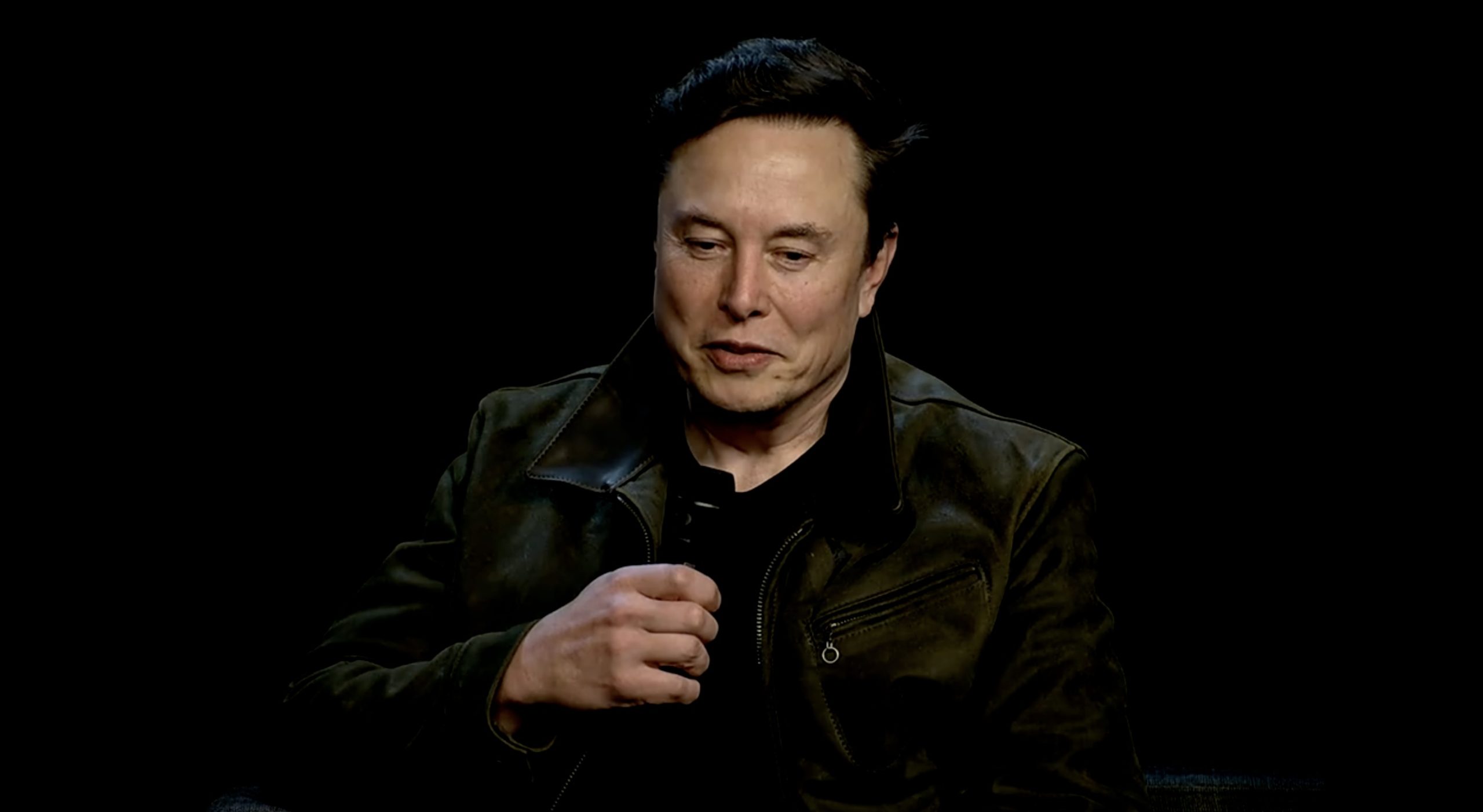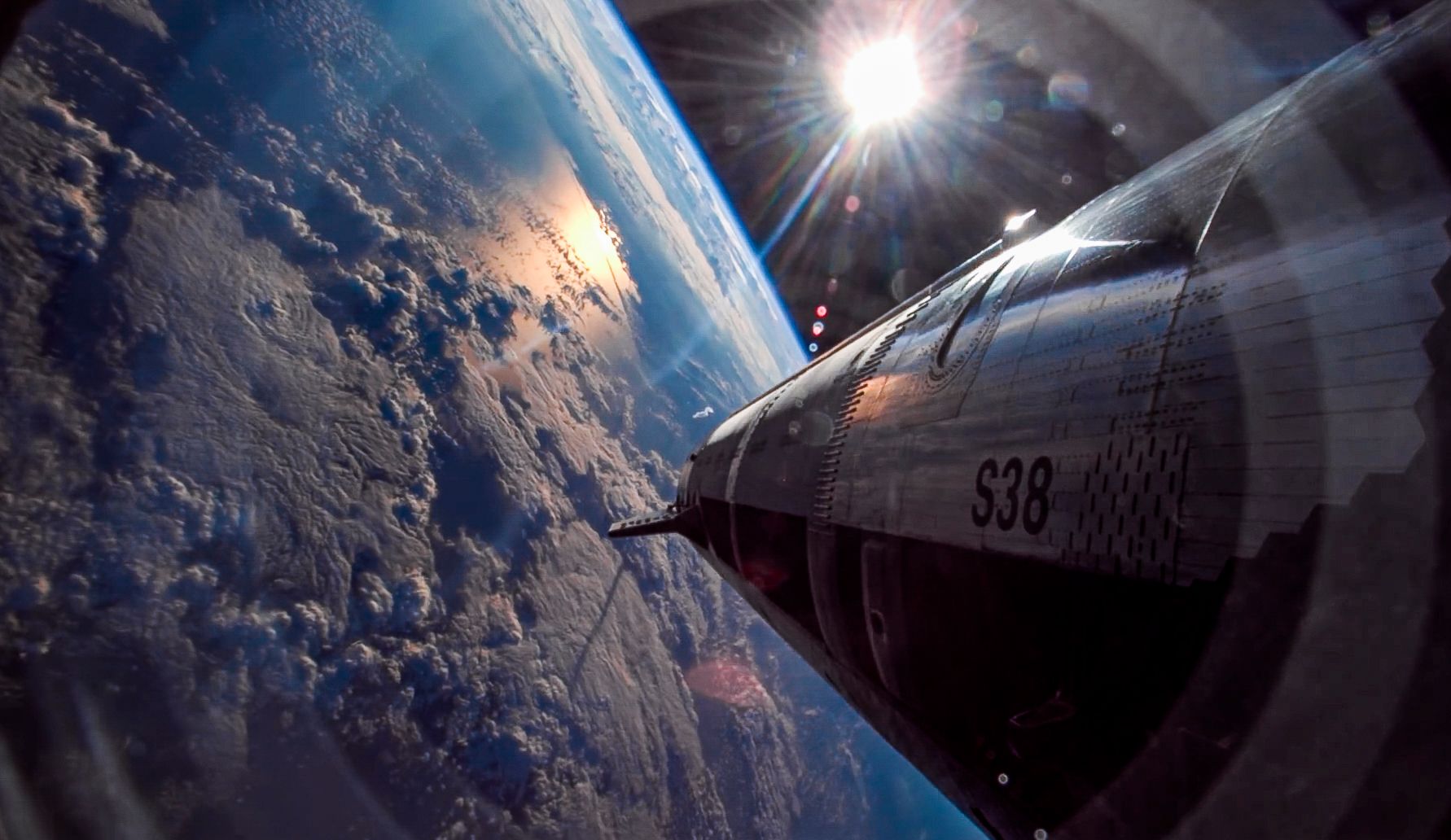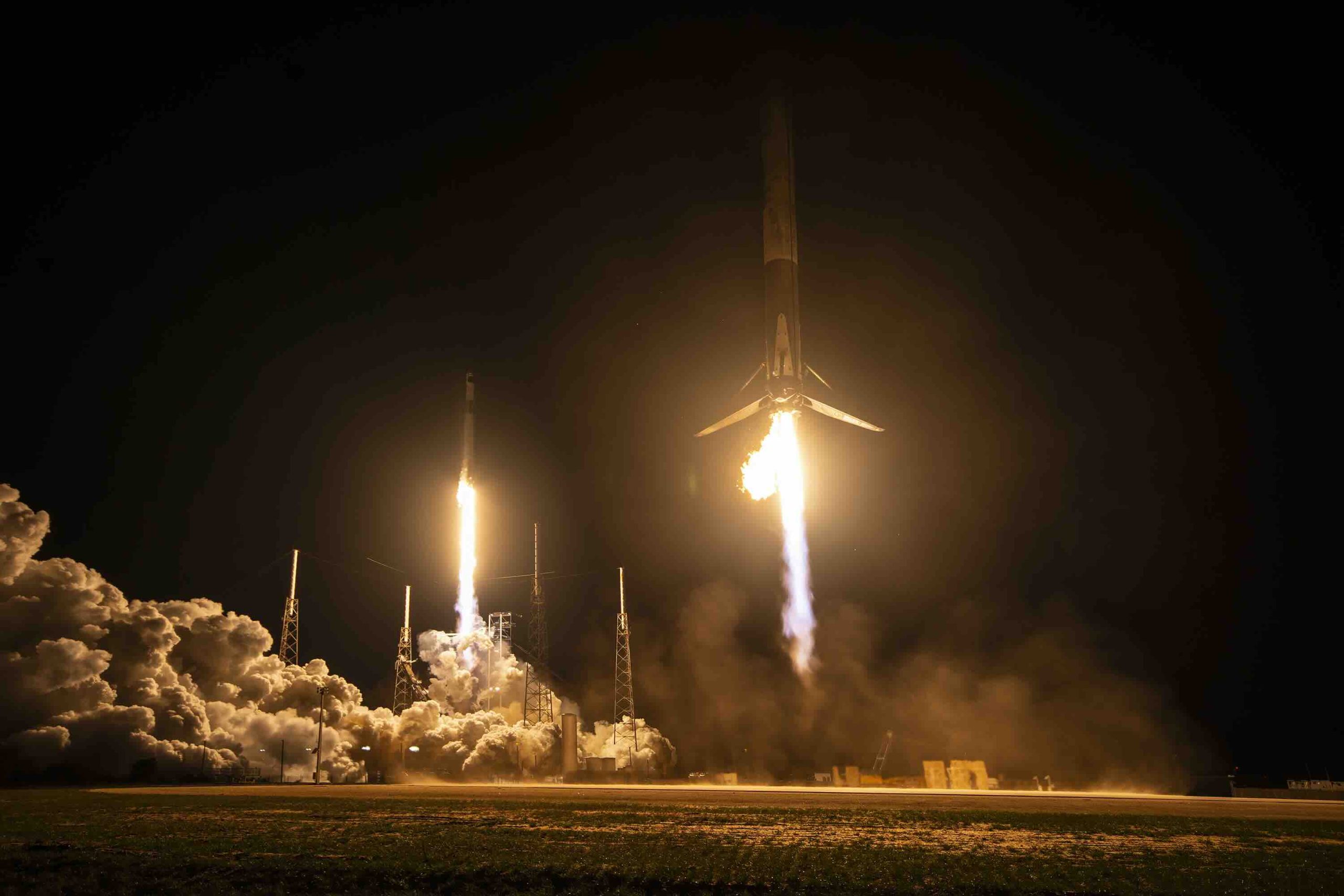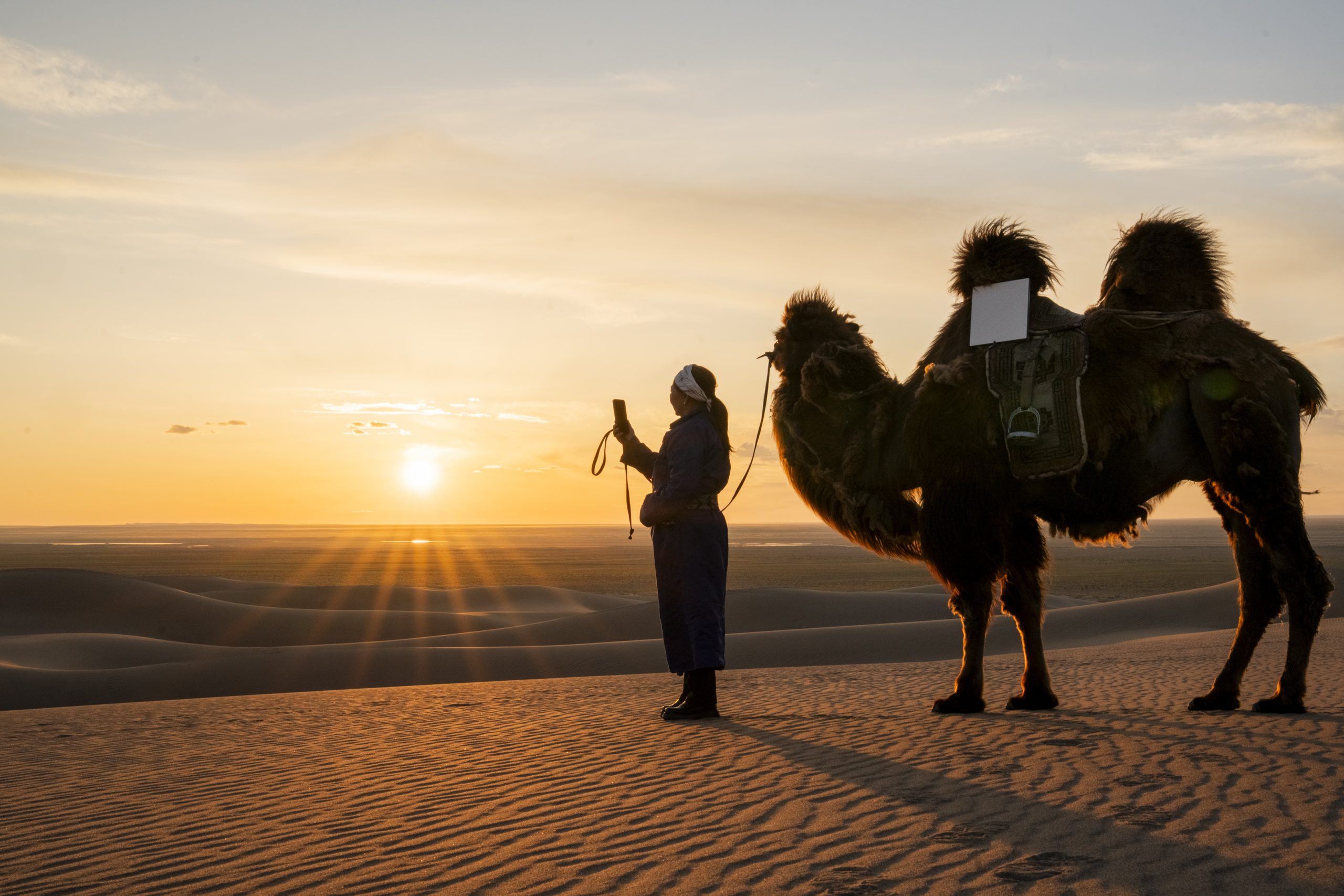Elon Musk
Elon Musk’s xAI wins federal AI contract as Grok undercuts ChatGPT
The deal provides access to Grok at $0.42 per organization, because of course it’s $0.42.

The U.S. General Services Administration (GSA) has finalized a major agreement with Elon Musk’s xAI, making its Grok artificial intelligence models available to government agencies nationwide.
Announced on Thursday, the deal provides access to Grok at $0.42 per organization, one of the lowest pricing structures yet for AI services under GSA’s OneGov initiative. The contract runs until March 2027, marking the longest term for a OneGov AI agreement to date.
Low-cost access
The agreement covers both Grok 4 and Grok 4 Fast, xAI’s advanced reasoning models, and includes dedicated engineering support for agencies adopting the tools, the GSA stated in a press release. Federal offices will also be able to pursue upgrade paths to enterprise subscriptions aligned with FedRAMP and Department of Defense security standards.
To make adoption easier, xAI will deliver training programs and tailored enablement services, helping agencies integrate AI models into existing workflows securely. The GSA emphasized that the contract is designed to accelerate responsible AI use while standardizing pricing and avoiding duplicative procurement deals across the government.
Federal Acquisition Service Commissioner Josh Gruenbaum is optimistic about Grok’s use in the federal government. “Widespread access to advanced AI models is essential to building the efficient, accountable government that taxpayers deserve—and to fulfilling President Trump’s promise that America will win the global AI race. We value xAI for partnering with GSA—and dedicating engineers—to accelerate the adoption of Grok to transform government operations,” he stated.
Expanding AI access
The Grok agreement is part of the broader OneGov Strategy, which was launched earlier this year to modernize federal technology acquisition. Under the initiative, agencies gain access to AI tools from leading providers at negotiated rates, ensuring consistent pricing and simplified procurement. Companies such as OpenAI, Anthropic, Google, and Meta have signed similar deals, but xAI’s contract is currently the longest in duration and lowest in cost. For context, OpenAI is charging government agencies $1 per year for ChatGPT, as noted in a Bloomberg News report.
Elon Musk, for his part, is grateful for the opportunity to use Grok in the federal government. “xAI has the most powerful AI compute and most capable AI models in the world. Thanks to President Trump and his administration, xAI’s frontier AI is now unlocked for every federal agency empowering the U.S. Government to innovate faster and accomplish its mission more effectively than ever before,” he said.
xAI cofounder Ross Nordeen also shared his thoughts about the matter. “‘Grok for Government’ will deliver transformational AI capabilities at $0.42 per agency for 18 months, with a dedicated engineering team ensuring mission success. We will work hand in glove with the entire government to not only deploy AI, but to deeply understand the needs of our government to make America the world leader in advanced use of AI,” he said.

Elon Musk
Musk bankers looking to trim xAI debt after SpaceX merger: report
xAI has built up $18 billion in debt over the past few years, with some of this being attributed to the purchase of social media platform Twitter (now X) and the creation of the AI development company. A new financing deal would help trim some of the financial burden that is currently present ahead of the plan to take SpaceX public sometime this year.

Elon Musk’s bankers are looking to trim the debt that xAI has taken on over the past few years, following the company’s merger with SpaceX, a new report from Bloomberg says.
xAI has built up $18 billion in debt over the past few years, with some of this being attributed to the purchase of social media platform Twitter (now X) and the creation of the AI development company. Bankers are trying to create some kind of financing plan that would trim “some of the heavy interest costs” that come with the debt.
The financing deal would help trim some of the financial burden that is currently present ahead of the plan to take SpaceX public sometime this year. Musk has essentially confirmed that SpaceX would be heading toward an IPO last month.
The report indicates that Morgan Stanley is expected to take the leading role in any financing plan, citing people familiar with the matter. Morgan Stanley, along with Goldman Sachs, Bank of America, and JPMorgan Chase & Co., are all expected to be in the lineup of banks leading SpaceX’s potential IPO.
Since Musk acquired X, he has also had what Bloomberg says is a “mixed track record with debt markets.” Since purchasing X a few years ago with a $12.5 billion financing package, X pays “tens of millions in interest payments every month.”
That debt is held by Bank of America, Barclays, Mitsubishi, UFJ Financial, BNP Paribas SA, Mizuho, and Société Générale SA.
X merged with xAI last March, which brought the valuation to $45 billion, including the debt.
SpaceX announced the merger with xAI earlier this month, a major move in Musk’s plan to alleviate Earth of necessary data centers and replace them with orbital options that will be lower cost:
“In the long term, space-based AI is obviously the only way to scale. To harness even a millionth of our Sun’s energy would require over a million times more energy than our civilization currently uses! The only logical solution, therefore, is to transport these resource-intensive efforts to a location with vast power and space. I mean, space is called “space” for a reason.”
The merger has many advantages, but one of the most crucial is that it positions the now-merged companies to fund broader goals, fueled by revenue from the Starlink expansion, potential IPO, and AI-driven applications that could accelerate the development of lunar bases.
Elon Musk
SpaceX launches Crew-12 on Falcon 9, lands first booster at new LZ-40 pad
Beyond the crew launch, the mission also delivered a first for SpaceX’s Florida recovery operations.

SpaceX opened February 13 with a dual milestone at Cape Canaveral, featuring a successful Crew-12 astronaut launch to the International Space Station (ISS) and the first Falcon 9 booster landing at the company’s newly designated Landing Zone 40 (LZ-40).
A SpaceX Falcon 9 lifted off at 5:15 a.m. Eastern from Space Launch Complex 40 (SLC-40) at Cape Canaveral Space Force Station, placing the Crew Dragon Freedom into orbit on the Crew-12 mission.
The spacecraft is carrying NASA astronauts Jessica Meir and Jack Hathaway, ESA astronaut Sophie Adenot, and Roscosmos cosmonaut Andrey Fedyaev, as noted in a report from Space News.
The flight marked NASA’s continued shift of Dragon crew operations to SLC-40. Historically, astronaut missions launched from Launch Complex 39A at Kennedy Space Center. NASA is moving Falcon 9 crew and cargo launches at SLC-40 to reserve 39A for Falcon Heavy missions and future Starship flights.
Crew-12 is scheduled to dock with the ISS on Feb. 14 and will remain in orbit for approximately eight months.
Beyond the crew launch, the mission also delivered a first for SpaceX’s Florida recovery operations. The Falcon 9 first stage returned to Earth and touched down at Landing Zone 40, a new pad built adjacent to SLC-40.
The site replaces Landing Zone 1, located several kilometers away, which has been reassigned by the U.S. Space Force to other launch providers. By bringing the landing area next to the launch complex, SpaceX is expected to reduce transport time and simplify processing between flights.
Bill Gerstenmaier, SpaceX’s vice president of build and flight reliability, stated that landing close to the pad keeps “launch and landing in the same general area,” improving efficiency. The company operates a similar side-by-side launch and landing configuration at Vandenberg Space Force Base in California.
Elon Musk
Starlink terminals smuggled into Iran amid protest crackdown: report
Roughly 6,000 units were delivered following January’s unrest.

The United States quietly moved thousands of Starlink terminals into Iran after authorities imposed internet shutdowns as part of its crackdown on protests, as per information shared by U.S. officials to The Wall Street Journal.
Roughly 6,000 units were delivered following January’s unrest, marking the first known instance of Washington directly supplying the satellite systems inside the country.
Iran’s government significantly restricted online access as demonstrations spread across the country earlier this year. In response, the U.S. purchased nearly 7,000 Starlink terminals in recent months, with most acquisitions occurring in January. Officials stated that funding was reallocated from other internet access initiatives to support the satellite deployment.
President Donald Trump was aware of the effort, though it remains unclear whether he personally authorized it. The White House has not issued a comment about the matter publicly.
Possession of a Starlink terminal is illegal under Iranian law and can result in significant prison time. Despite this, the WSJ estimated that tens of thousands of residents still rely on the satellite service to bypass state controls. Authorities have reportedly conducted inspections of private homes and rooftops to locate unauthorized equipment.
Earlier this year, Trump and Elon Musk discussed maintaining Starlink access for Iranians during the unrest. Tehran has repeatedly accused Washington of encouraging dissent, though U.S. officials have mostly denied the allegations.
The decision to prioritize Starlink sparked internal debate within U.S. agencies. Some officials argued that shifting resources away from Virtual Private Networks (VPNs) could weaken broader internet access efforts. VPNs had previously played a major role in keeping Iranians connected during earlier protest waves, though VPNs are not effective when the actual internet gets cut.
According to State Department figures, about 30 million Iranians used U.S.-funded VPN services during demonstrations in 2022. During a near-total blackout in June 2025, roughly one-fifth of users were still able to access limited connectivity through VPN tools.
Critics have argued that satellite access without VPN protection may expose users to geolocation risks. After funds were redirected to acquire Starlink equipment, support reportedly lapsed for two of five VPN providers operating in Iran.
A State Department official has stated that the U.S. continues to back multiple technologies, including VPNs alongside Starlink, to sustain people’s internet access amidst the government’s shutdowns.








